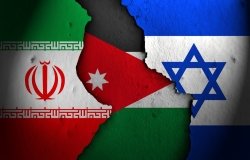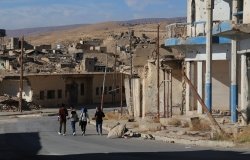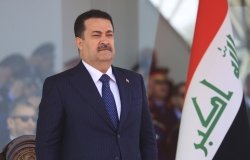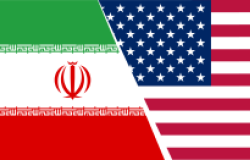Advocating Change in Iraq
The Middle East Program's Jillian Frumkin discusses the need to strengthen civil society in Iraq so it is rooted in society before the June 30 transfer of sovereignty to the Iraqis.
The window of opportunity to stabilize Iraq during the final months before the United States returns sovereignty is short and the task list long. And after June 30, a reversal of progressive trends is not only possible, but likely, as secular versus Islamic principles are reconciled among the leadership. But the United States, along with other nations, can reinforce the efforts of those advocating change in Iraq.
Two colleagues, Fern Holland and Salwa Ali Oumashi, were killed March 9 on their return trip to Hilla where they were promoting women's political participation. Their work was, and continues to be, a testament to the empowerment of Iraqi women. Already more than 30 Iraqi women have come to the Center since last April to train for a larger role in post-conflict Iraq.
Opportunities to strengthen civil society will not all close on July 1, yet threats to human security will impede progress. These threats are compounded by manifestations of legislating personal freedom, evidenced by the narrow margin of victory on February 27 in the decision to retract Resolution 137. The retraction maintains secular law with regard to personal status and prevents using Islamic law as the source for personal status law. Of greater concern: there is no guarantee progress won't be tampered with by the new Iraqi government.
In a country with many ethnic and religious minorities, training Iraqis to promote their rights effectively in the face of competing interests must remain a high priority. To this end, the Middle East Program and Conflict Prevention Project have recently announced a conference series on the role of women in peace building to be named in honor of Fern Holland and Salwa Oumashi. Humanitarians, such as these women were, constitute a key to building a successful democracy, yet they and others committed to a new Iraq are now targets.
While debate continues as to whether the war was justified, it is certain that Iraqis are willing and able to rebuild a strong nation. It would best serve the Iraqi public-and the entire region-to promote and encourage democratic values to strengthen civil society while opportunity exists.
Related Program

Middle East Program
The Wilson Center’s Middle East Program serves as a crucial resource for the policymaking community and beyond, providing analyses and research that helps inform US foreign policymaking, stimulates public debate, and expands knowledge about issues in the wider Middle East and North Africa (MENA) region. Read more










